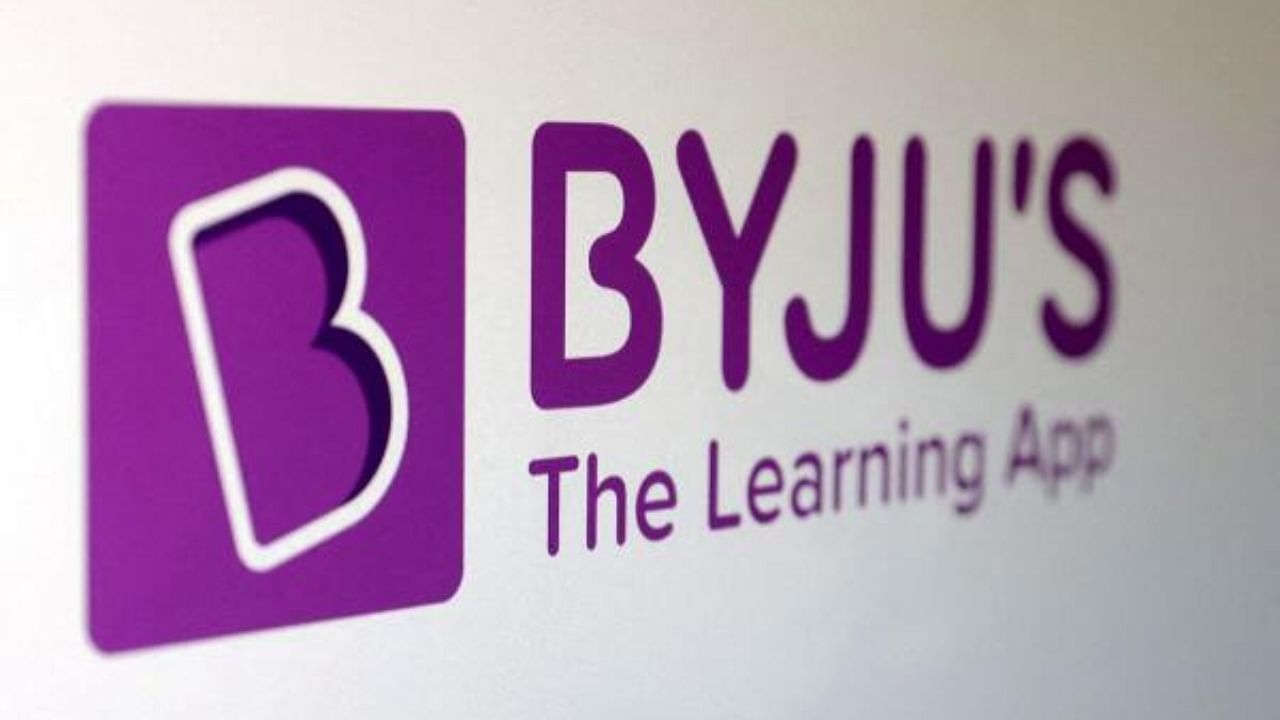
Byju's logo.
Credit: Reuters Photo
Embattled edtech unicorn Byju’s reported an 81.99% jump in its FY22 before tax losses, driven by poor performance of two subsidiaries. The company reported its FY22 financials on Tuesday nearly two years after the reporting period ended, with pre-tax losses ballooning to Rs 8,370 crore from Rs 4,599 crore reported in FY21.
Losses incurred by Whitehat Jr, the company’s online coding platform, alone amounted to Rs 2,877 crore, while edu-gaming platform Tangible Learning (OSMO) contributed Rs 946 crore to overall losses. Together, the two made up for 45% or Rs 3,800 in pre-tax losses reported by the company.
Byju's had acquired the Whitehat Jr in 2020 for $300 million and OSMO for $120 million back in 2019.
“We are aware of our underperforming businesses like Whitehat Jr and OSMO which contributed 45% of the losses. We have taken various measures to improve our operating financial conditions,” said Byju’s chief financial officer Nitin Golani.
“These businesses were scaled down significantly to cut losses in the subsequent years while other businesses continue to see growth,” he added.
Byju’s consolidated revenue jumped 118% to Rs 5,298 crore in FY22 from Rs 2,428 crore in the preceding financial year, shouldered by gains made from its Aakash subsidiary. Total income from Aakash, the offline coaching arm, rose to Rs 1,491 crore in FY22 from Rs 1,065 crore it made in FY21 before being acquired by Byju’s.
Another profitable entity the company acquired around the same time, Great Learning, saw income climb to Rs 628 crore in FY22 from Rs 354 crore in FY21. The subsidiaries saw profitability zoom 40% and 77%, respectively, post-acquisition, the company said.
“While acquiring Aakash was a great move, the acquisition of Whitehat Jr was just as bad, especially because of the lies associated with it. It also did not have a good product market fit, and its only USP was ad-free content which is otherwise widely available online for free,” said Ravi Gupta, founder of Guptaji Invests.
A Byju’s regulatory filing reported that the company’s auditor BDO, noting widening losses and debt related issues, observed that “a material uncertainty exists that may cast significant doubt on (the) company’s ability to continue as a going concern,” which is the assumption that a business can fulfill financial obligations when due. This is because of litigation surrounding a $1.2 billion Term B Loan that the parent company signed off on but has been unable to pay back.
The uncertainty shrouding Byju’s future has become marked, especially with the company looking to raise a fresh round of $100 million at a $2 billion valuation, a 90% drop from its peak of $22 billion, Bloomberg reported.
“Investors don't want to touch edtech now, especially Byju’s. It was a one time wonder, due to its popularity during Covid. But they wanted to capture the market at super speed, despite their questionable pricing and low renewal rate. Now all they have is a brand and content to go with it, when their focus should have been on economies of scale,” Gupta remarked.